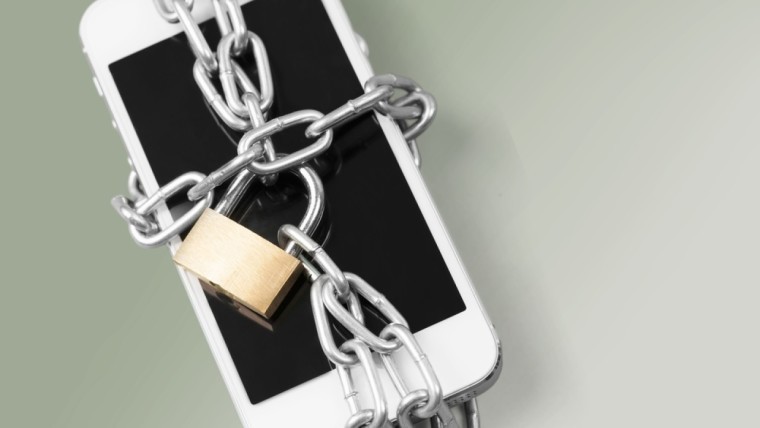
The battle between law enforcement and Apple is over, and Apple has won.
Six days ago, the FBI filed a request to cancel the next day"s hearing, citing a third party which demonstrated the ability to unlock an iPhone. While the FBI was required to submit a status report on April 5, it seems as though it didn"t take that long.
Today, the FBI has announced that it was successful in the unlocking of the San Bernardino shooter Syed Farook"s iPhone 5c.
The news comes after a month and a half of battles between the tech titan and law enforcement. After Apple refused to comply with the order to unlock the shooter"s device, John McAfee said he could do it.
The FBI even threatened to have Apple hand over the source code to iOS, rather than asking them to build a custom version of it that allowed them to try unlimited passcodes without the device erasing everything. Later, a New York judge would rule that the court couldn"t use the All Writs Act to compel Apple to do just that. It was a different case; however, it does set a legal precedent.
For privacy advocates, this is likely to be the best possible solution. There is no custom version of iOS with a back door floating around and law enforcement can still crack down on terrorism. The battle is won.
Of course, the war is not over. The government continues to push technology companies for a strong method of encryption that allows law enforcement inside when it needs to be, something that is simply not possible.
Since it"s now known that it"s possible to unlock an iPhone, Apple is likely to find the vulnerability and create stronger security for a future version of iOS. If and when that happens, the next battle will likely begin.